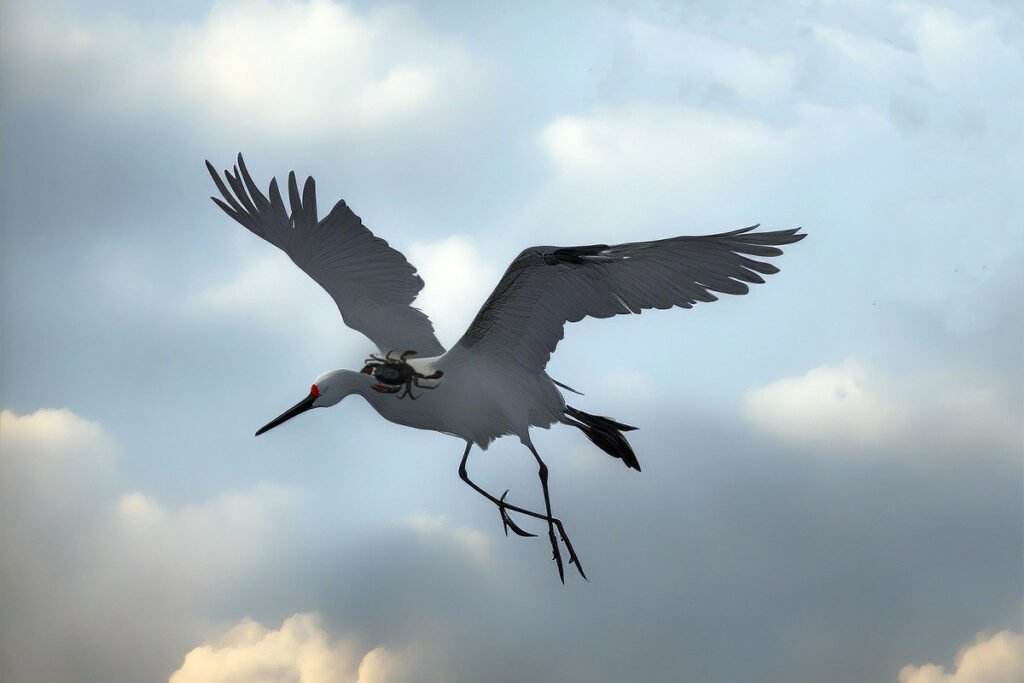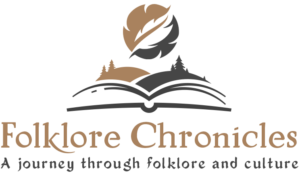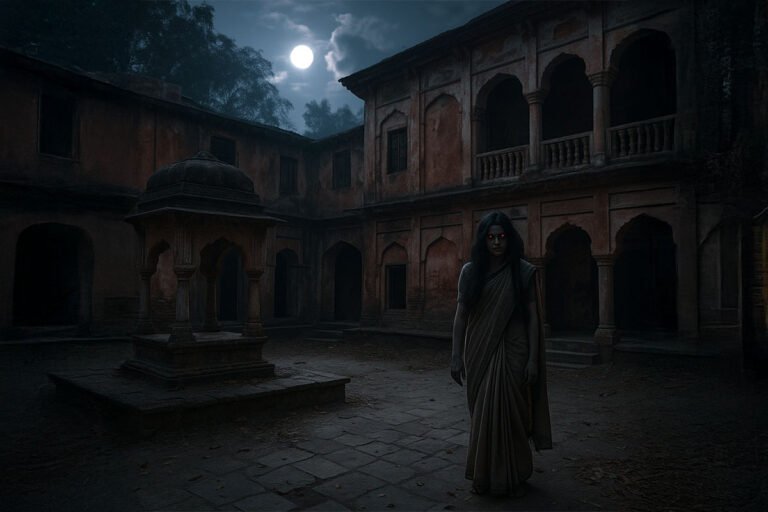Once upon a time, in a village near the coast of Odisha, there lived a vibrant community of sea creatures in a beautiful, bustling pond. Among these creatures were a wise, old crab named Kalia and a cunning, yet lazy crane called Dhobali Baga. They both lived near the pond, with Dhobali Baga perched high in a tree and Kalia snug in the muddied pond floor.Kalia was a rather small crab but was widely respected for his wisdom, while Dhobali Baga was known for his craftiness. Dhobali Baga was a large, white crane, who, despite being capable of hunting for his food, often relied on trickery and deception. As time passed, Dhobali Baga’s mischievous behavior made the other animals wary, causing him difficulty in catching his prey.One day, Dhobali Baga looked over the pond, his empty stomach rumbling. He hatched a sly plan, his eyes glinting with deceit. He flew down to the pond’s edge and struck up a conversation with Kalia, speaking of a much bigger, more bountiful pond just a few miles away.“Kalia,” Dhobali Baga began in his smoothest voice, “You have lived here all your life, confined to this small pond. Wouldn’t you like to experience a bigger world with more food and space? Just a few miles away, there is a bigger pond teeming with delicious food.”Kalia was intrigued. “How can I reach there?” he asked, his curious eyes twinkling.Dhobali Baga smiled, “I can carry you there on my back. You can trust me.”Kalia agreed, eager to explore the larger world that Dhobali Baga described. Dhobali Baga picked up Kalia gently in his beak, promising a safe journey, and took flight.As they flew over the village, Kalia saw a chilling sight. Near Dhobali Baga’s nest, there was a mound of fish bones, shimmering in the sunlight. Realization dawned upon Kalia. He understood the cunning crane’s wicked plan. Dhobali Baga had been ferrying unsuspecting animals under the guise of a better life, only to feast on them.But Kalia was wise. He swiftly formulated a plan. In a calm, steady voice, he asked Dhobali Baga, “Dear friend, would you mind if I hold onto your neck? I’m feeling a bit unsteady.”Dhobali Baga, unsuspecting, agreed, “Of course, Kalia, hold on.”As soon as Kalia clasped Dhobali Baga’s neck with his strong pincers, he clung tightly. Taken by surprise, Dhobali Baga squawked and flailed in the air, but Kalia held on firmly until Dhobali Baga, tired and defeated, landed back on the ground. Kalia released his grip, leaving Dhobali Baga in shock, gasping for air.“Your deceit has cost you, Dhobali Baga,” Kalia said sternly. “Not all creatures are gullible. Some of us possess wisdom and can see through your lies.”Kalia walked back to his pond, leaving a humiliated Dhobali Baga behind, gasping and alone. From that day forward, Dhobali Baga learned a valuable lesson about malice and deceit. He began hunting honestly, leaving his deceptive ways behind.In the end, it was Kalia’s quick wit and wisdom that saved his life and taught Dhobali Baga a valuable lesson. This tale serves as a reminder to us all: wisdom and vigilance often triumph over deceit and malice. The story of Kalia and Dhobali Baga still echoes in the villages of Odisha, a testament to the value of thinking before acting.
Wisdom Over Deceit: The Odia Folktale of the Crab and the Crane

Disclaimer: The stories shared on this website are folklores and have been passed down through generations. While we make every effort to ensure the accuracy and authenticity of the information presented, we cannot guarantee the original source of these stories. Readers are advised to use their own discretion and judgment when reading and interpreting these stories. We are not accountable for the source of these stories or any claims that may arise from their use.
Facebook
X (Twitter)
LinkedIn
WhatsApp
Leo Patnaik
As a blogger on Folklore stories, I am deeply passionate about the subject matter and dedicated to sharing these timeless tales with others. Through my work, I strive to bring these stories to life and make them relevant to modern audiences, while also ensuring that my posts are both accurate and informative. I am committed to continuing my journey as a storyteller and sharing the magic of folklore with others.
All Posts Quote of the day
A clear conscience is usually the sign of a bad memory.
Unknown AuthorRelated Posts
Get Curated Post Updates!
Sign up with Folklore Chronicles today and embark on a journey to the past that will enrich your present and inspire your future.







